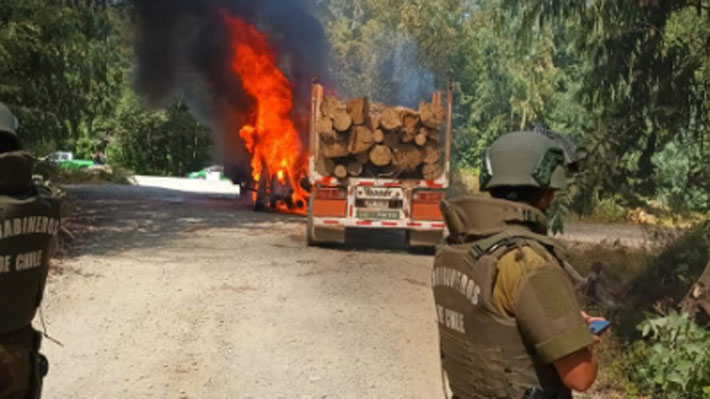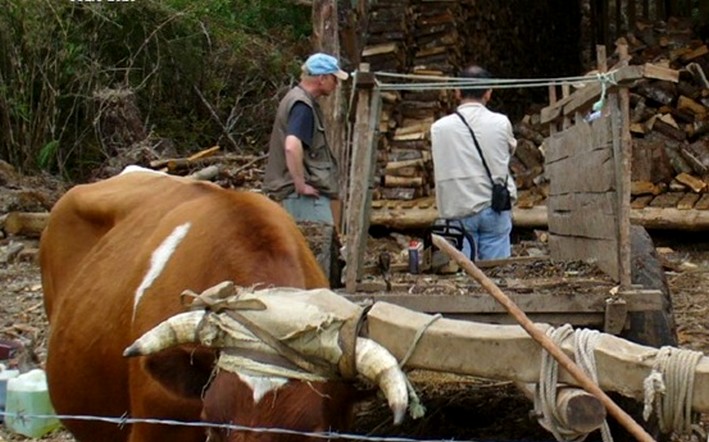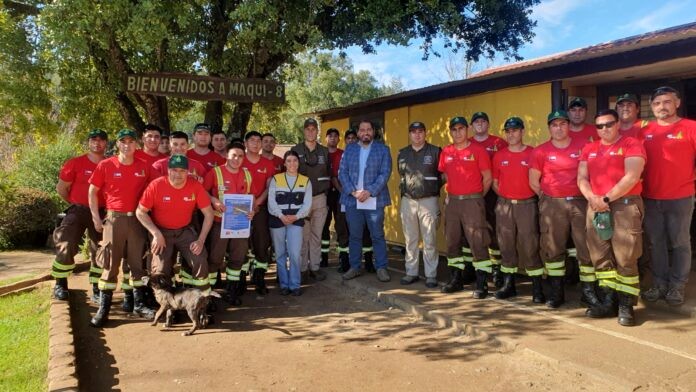Chile Ranks Among Top 25 in Global Terrorism Despite No Open War
Although some political authorities refuse to acknowledge the existence of terrorism in the southern macrozone, arson attacks, acts of anarchist violence, and incidents linked to social protests keep Chile in an uncomfortable position in the 2025 Global Terrorism Index (GTI). According to the ranking by the Institute for Economics & Peace, the country ranks 21st globally with a score of 5.082, placing it above nations with historical armed conflicts like Yemen and Togo.
What's striking is that Chile appears in this position without facing an open war or large-scale armed conflict, highlighting how internal violence has had an international impact.
The Violence Explaining the Ranking
The report notes that between 2021 and 2023, over 400 attacks against trucks, agricultural properties, and forestry machinery were recorded in Araucanía and Biobío. Although in 2024 incidents drastically decreased to 52—well below the 188 from the previous year and with no recorded deaths—this number still positions the country at a high level in the measurement.
According to the GTI, 63% of the attacks were attributed to armed militants linked to the Mapuche cause, while 37% correspond to acts of anarchism, intentional arson, and social conflicts.
René Muñoz, manager of Acoforag, was categorical in stating that what happens in regions like La Araucanía and Biobío cannot be classified as "terrorist violence."
"What exists is terrorist violence, criminal violence. Since 1997, with the first attack in Lumaco, until today we have counted 506 attacks against workers, forestry entrepreneurs, and their families. No other forestry country in the world endures these conditions," he stated.
In that vein, he accused a lack of political will to confront the armed groups responsible for the incidents and warned that insecurity has become a permanent threat to productive activity and its employees.
Meanwhile, security expert Juan Ignacio Nicolossi, with experience at the Ministry of the Interior, explained that "although the report attributes most acts to the Mapuche cause, 37% are related to anarchism or social conflicts. This phenomenon goes beyond the Southern Macrozone and has persisted from the social uprising until today."
The Specter of Internal Terrorism
The Global Terrorism Index warns that Chile is the highest-ranked country on the global list that does not have an active war, demonstrating how domestic violence impacts the global perception of security.
"The presence of terrorist acts that seek to instill fear in the population to influence democratic processes is what is most frightening. The major problem is that, despite having a new anti-terrorism law, there is no political consensus on whether we are actually facing terrorism," added Nicolossi.
Regional Comparison
In Latin America, Colombia ranks 15th, with a long-standing internal armed conflict. Chile, on the other hand, without an open war, places just six spots lower.
The report recalls international experiences, such as Spain with ETA and Ireland with the IRA, where the key to confronting violence was cross-political consensus.
"Only when all political forces recognize the existence of terrorism and agree to confront it, is a stable solution achieved," concluded Nicolossi.
Source:LUN










